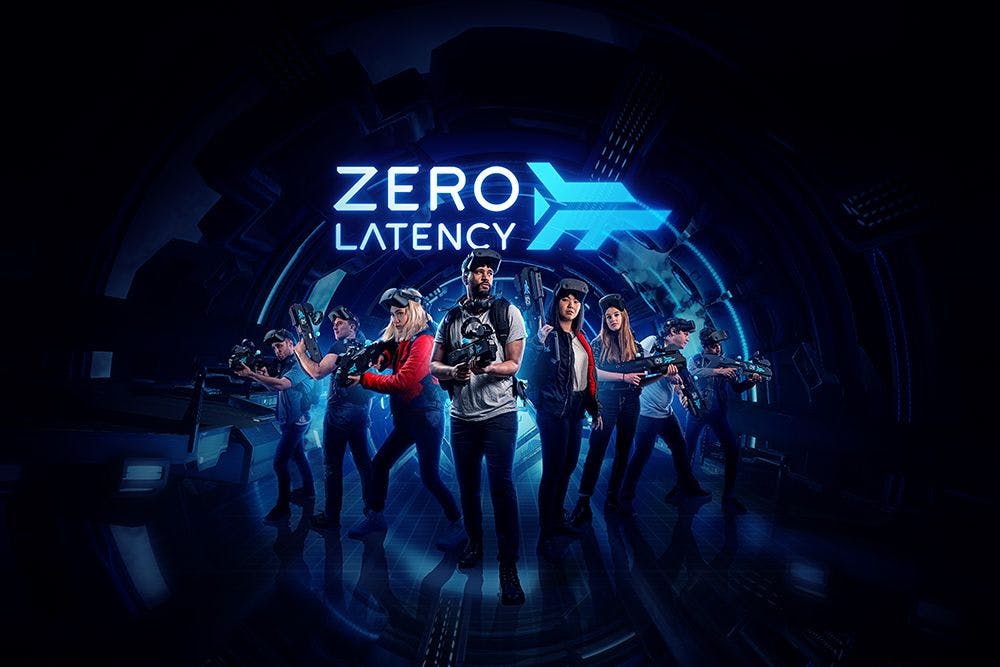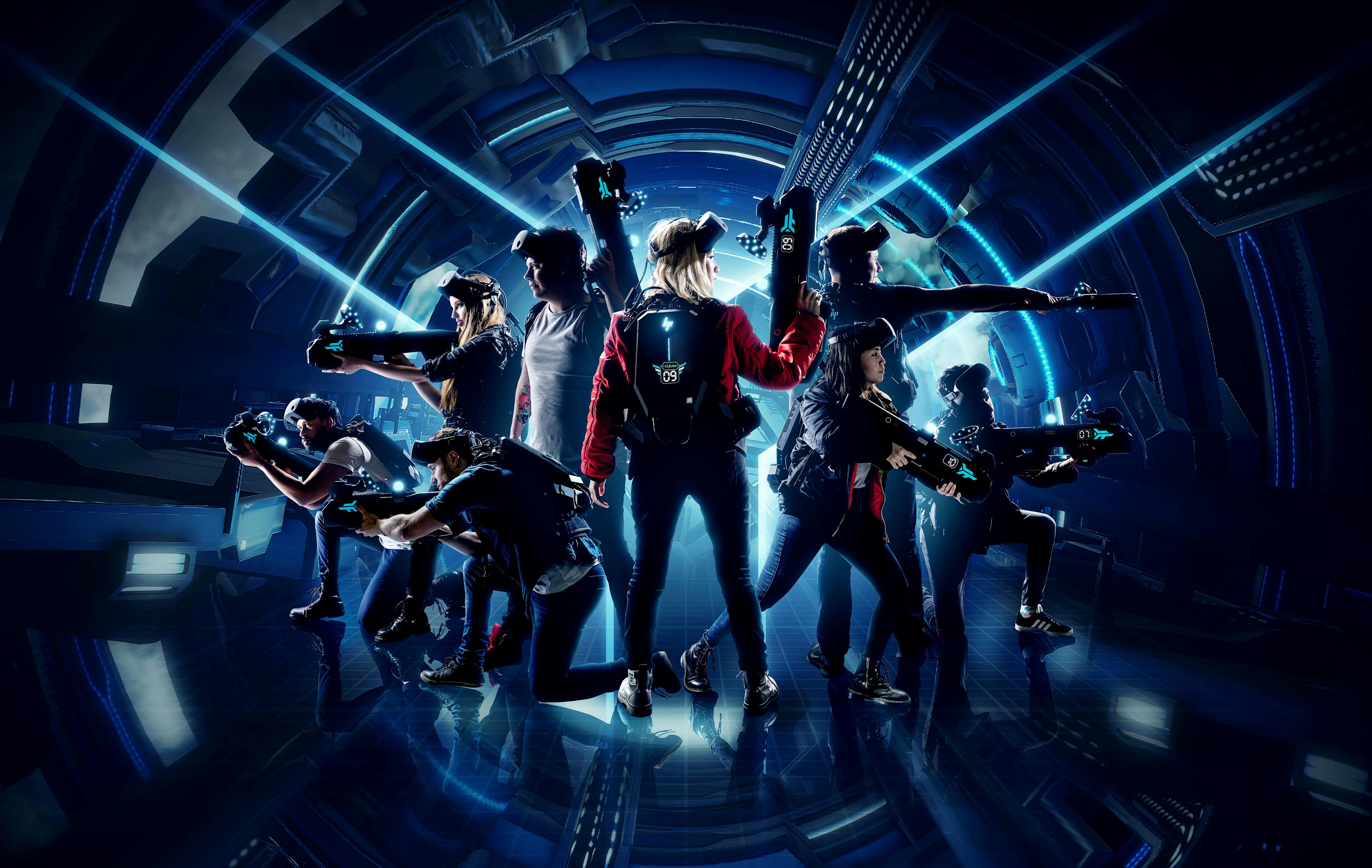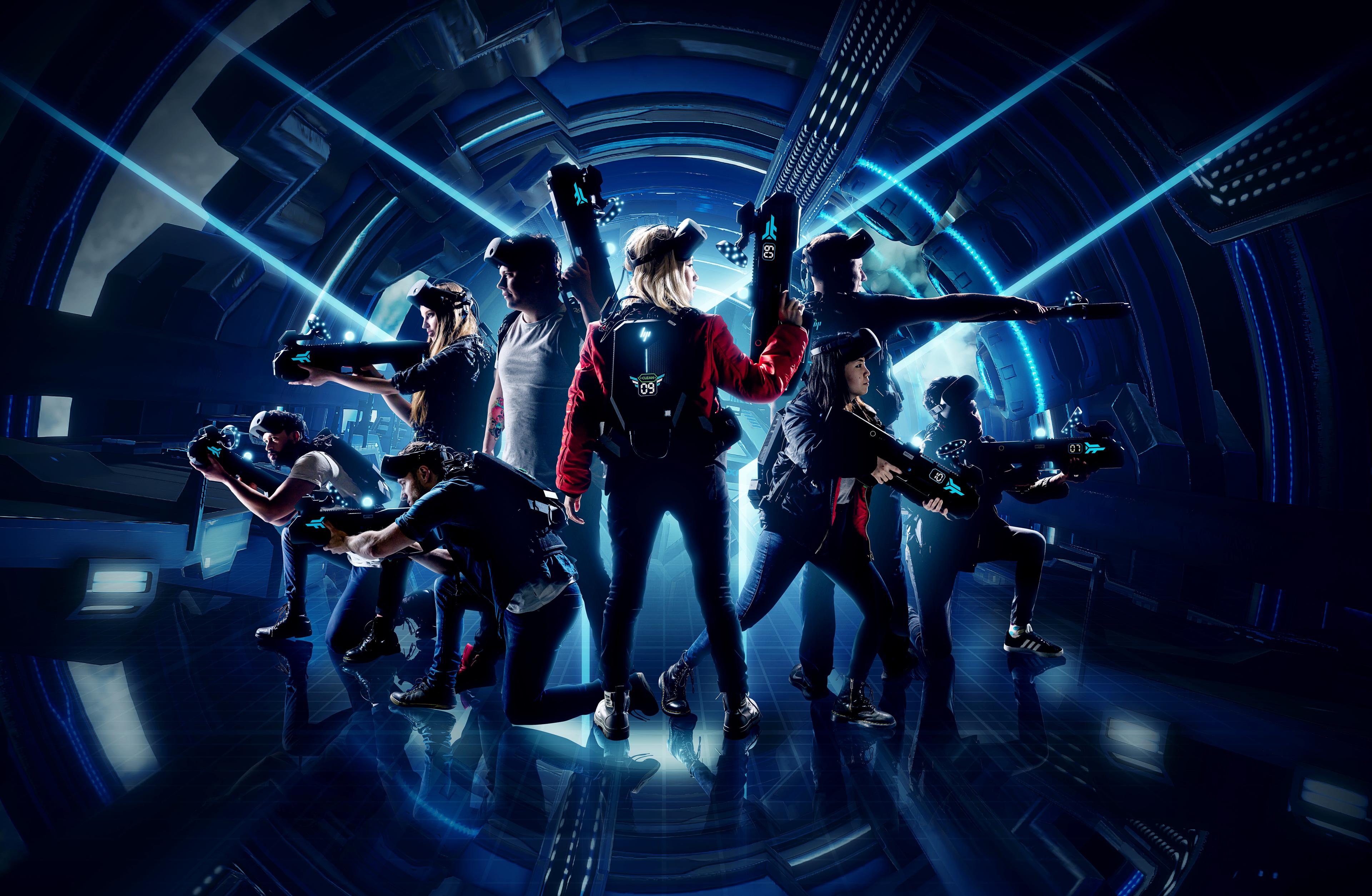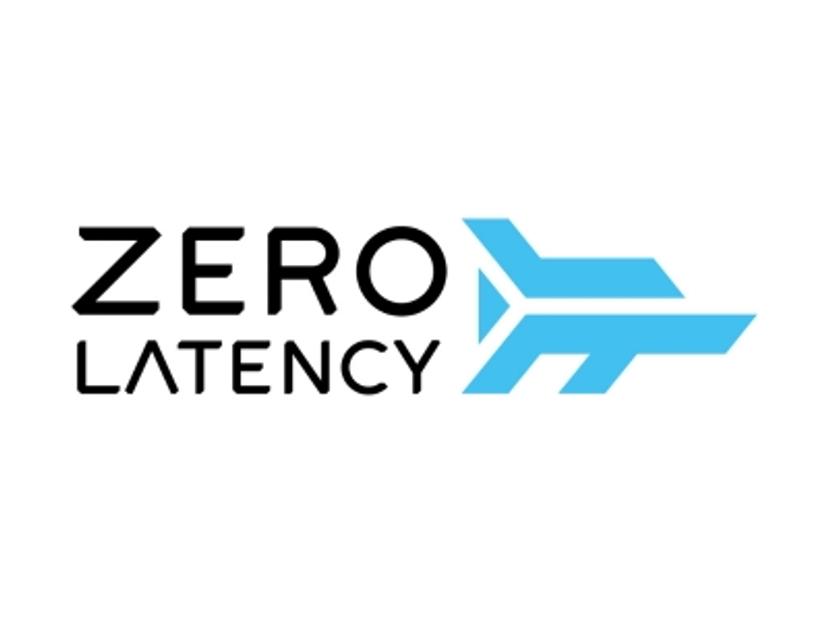Abstract
Virtual reality (VR) is an intriguing way to travel, explore and experience the world, in a simulated environment. It allows the users to immerse in the reality of the 30 virtual world, stimulating our senses of vision, hearing and touch. The current gaming industry in India is estimated at US$1.5 billion and is growing rapidly at 30 percent per annum. India is estimated to have more than 400 gaming companies and 420 million online gamers. This growth has been further fuelled by the increasing penetration of smartphones, faster internet, cloud gaming, widening gaming demographic. Growth in India's virtual reality gaming is expected to be at 30 percent by 2027 and would be led by the inclusion of gaming studios and social gaming.
Zero Latency, the Australian organisation and world's largest free roam VR entertainment company was brought to India by Parinitaa Rajgarhiaa, founder of Samrey Entertainments LLP in August 2019. Parinitaa was on a holiday in Bangkok, where she tried Zero Latency for the first time and was astounded by its outstanding immersive offering. Founded and headquartered in Victoria (Melbourne), Zero Latency has 70+ venues across 26 countries, including its partnership in India with Samrey Entertainments, which has seen considerable success. This case study shares Zero Latency's India growth story.
Introduction
For those wanting to test their zombie apocalypse survival skills, be a shooter on a station stranded in the depths of space against killer robots, escape into a fantastical ancient alien world, or be suspended above an ocean where gravity does not function as expected. You battle across diverse and futuristic maps, set out with unique objectives and heart-pounding engagements, explore futuristic outer space environments, or solve puzzles in a surreal dreamscape. The intense and immersive VR experience is designed to test your ability to coordinate your mind and body. You work together with your team to get out alive and find the answers you're looking for. These diverse experiences transport you and your friends into a virtual world. All you need to do is to put on the VR headset and pick up your gun controller. Once in, you' re free to move and explore as you please - comfortably and naturally, just like you do in the real world. You're completely untethered! There aren't any wires or walls to get in the way of your virtual reality adventures.
Their mission is simple: bring more joy and blow more minds every day. That mission has been shared with more than 2 million players across 26+ countries worldwide. Their next generation technology pairs a customised all-in-one headset with trackable gun controller. No wires. No backpacks. Just drop on the headset and step into a new world.
Zero Latency's VR Gear includes a VR Headset (with reality altering graphic detail, crystal clear audio for environmental sound and team communications), a Backpack (powered by an ultra-performance computer, housed in a comfort backpack) and a Controller (designed to fully immerse you in the gaming experience, giving you pinpoint accuracy to interact with the virtual world). Zero Latency offers free roam virtual reality, which allows multi-players to actually move around the arena while they explore the virtual worlds for the adrenaline rush and a pulsating experience. This contrasts with other virtual reality platforms where gamers are anchored at a point.
India Strategy
Imagine being on a holiday, and landing up with a prospective business idea that is novel, exciting and has the potential to redefine the entire sector. Aimed at offering a novel experience to the Indian audience that goes beyond the usual dinners, movies and theatres, Parinitaa Rajgarhiaa launched Zero Latency in India, after her first experience on the platform in Bangkok.
The concept had mass appeal from age groups of 10-55 years targeting the youth, corporates, and group social gathering. She was confident that VR would become mainstream in the Indian gaming market, which made strong business sense too.
"Like all other first-generation entrepreneurs, I was excited but nervous of entering into a franchising agreement with an international brand. However, the experience has been rewarding and supportive in every way." Parinitaa Rajgarhiaa, Founder and Managing Partner, Samrey Entertainments LLP
The concept was revolutionary and futuristic. The Zero Latency India brand was launched in August 2019 with its first outlet in Mumbai, Maharashtra considering the demographic opportunity of the cosmopolitan city.

"Mumbai had a perfect mix of the target age group and corporates, offered the perfect testing ground for debut of a novel experience like Zero Latency!"
Thorough research on location, pricing, marketing, and understanding of different brands and models in the entertainment sector in the VR, gaming, and experiences industry was initiated to analyse the opportunity better. Survey and comparisons were carried out on consumer preferences and behaviours both locally and within Asia, to understand the trends and to design an effective strategy both offline and online. The company focused on bringing innovative and agile marketing techniques, to maintain a balance between traditional marketing approach and budget. The company had to face the COVID-19 pandemic within first 8 months of its launch and suffered setbacks that it wasn't prepared for. Hence, sound budgeting of resources was a key lesson learnt by the company.
"Zero Latency's parent team in Australia offered a step-by-step guideline for the setup. Their 24/7 support with troubleshooting
and having our back during the pandemic was a reassurance to the partnership with the brand. Hence, the only one lesson I have from this partnership is - treat your partners well and together we all can achieve wonders!"
"Bringing Zero Latency to India was very exciting yet challenging. Getting the first few footfalls was a bit tough and to explain to people how Free Roam VR was completely different from the traditional VR experience was taxing."
"The free roam virtual reality ensures there are no giddiness or nauseating feelings, which sometimes are associated with other VR platforms."
India already has the second location of Zero Latency in Hyderabad too, which is managed by Parinitaa. This was opened in December, 2021.
Seeing The Future
Transitioning from 'gaming for kids' to 'gaming for all', with large gaming Family Entertainment Centres opening rapidly across different metro and non-metro cities. Gaming is becoming more social and an active hobby for people of all ages. Add to this, is the futuristic technology that is revolutionising the gaming experience altogether.
"Infrastructure is the main challenge in setting up a project of this scale. Imagine finding a space of 2000 sq feet pillarless area (almost the size of a tennis court) in the heart of a major city. Add to it, the compliances around importing the equipment, choosing the right game masters who understand the tech, and ensuring 24/7 high-speed internet for the smooth running of the games!"
Zero Latency's custom-made simulated weapons and game controllers add to the experience. The head-mounted display delivers graphic details that are close to being real and the headphone and microphone units provide a surround sound and a clear line of communication across all players involved. The backpack there contains a gaming computer with a high-speed internet connectivity. The gamers can choose to use their favourite blaster modes - scatter, beam, pulse rifle and rail gun and use a shield to stay protected if they come under heavy fire. Proximity sensors and motion capture technology put game elements in place, ensure there are no player-player collisions and avoid players from walking into the walls or out of the game zone. These experiences existed in other markets like the US, Australia, Europe and Southeast Asia, now they have reached India.
Planning Ahead
VR gaming is expected to be the highest growth driver for the gaming industry in the years to come. The factors that are likely to expand the consumer base, includes cost-effective VR headsets and presence of social experience. Premium VR gaming experiences that offer heart pounding lifelike experiences, will have its own niche following. Hence, for VR to become the mainstream in gaming, companies will need to shift their offerings to active and social gaming experience, that is a step ahead from the current individual and stationary concept of VR gaming.

Games have been developed in Australia for almost 40 years, boosted by a thriving arts scene, world-class tertiary education institutions, highly competitive business community and a commitment to science and technology. Australian-made games have topped sales charts, received major industry awards and enjoyed wide coverage in the international media, bolstered by strong capability in other complementary industries, including animation and visual effects, film and television production, design and engineering, advertising and marketing and new media.
Key takeaways for gaming companies in the VR space from this case study are –
- To focus on the novelty of the product
- Identify your niche
- Focus on creating new partnerships that matches innovation with scale
- Focus on thorough research and analysis of location, target audience and your competitive advantage
- Replicating an established brand in the home-country can be taxing, hence also focus on a non-conventional marketing strategy
- Choosing a marketing partner/agency is crucial when launching a futuristic product
- Strategy and detailed budgeting are extremely important to safeguard against any crisis situations.
The Indian gaming industry in India is growing exponentially and is expected to reach $3.7 billion in size by 2030. Zero Latency gives a glimpse of the direction in which gaming is heading.

